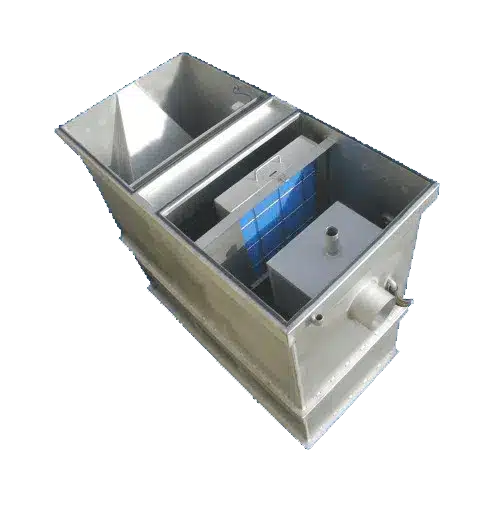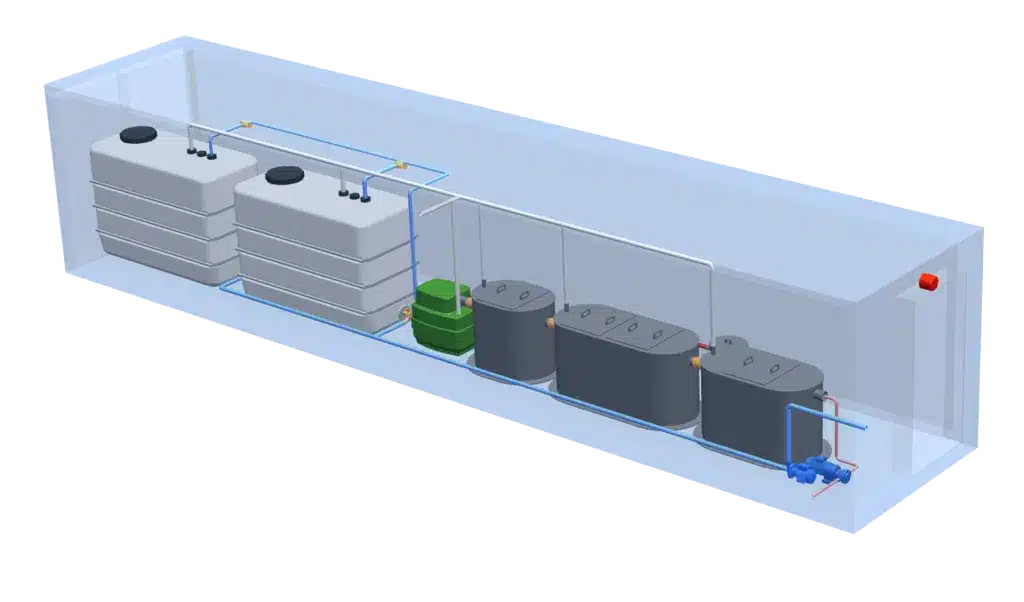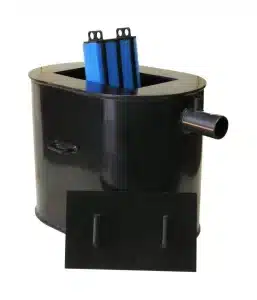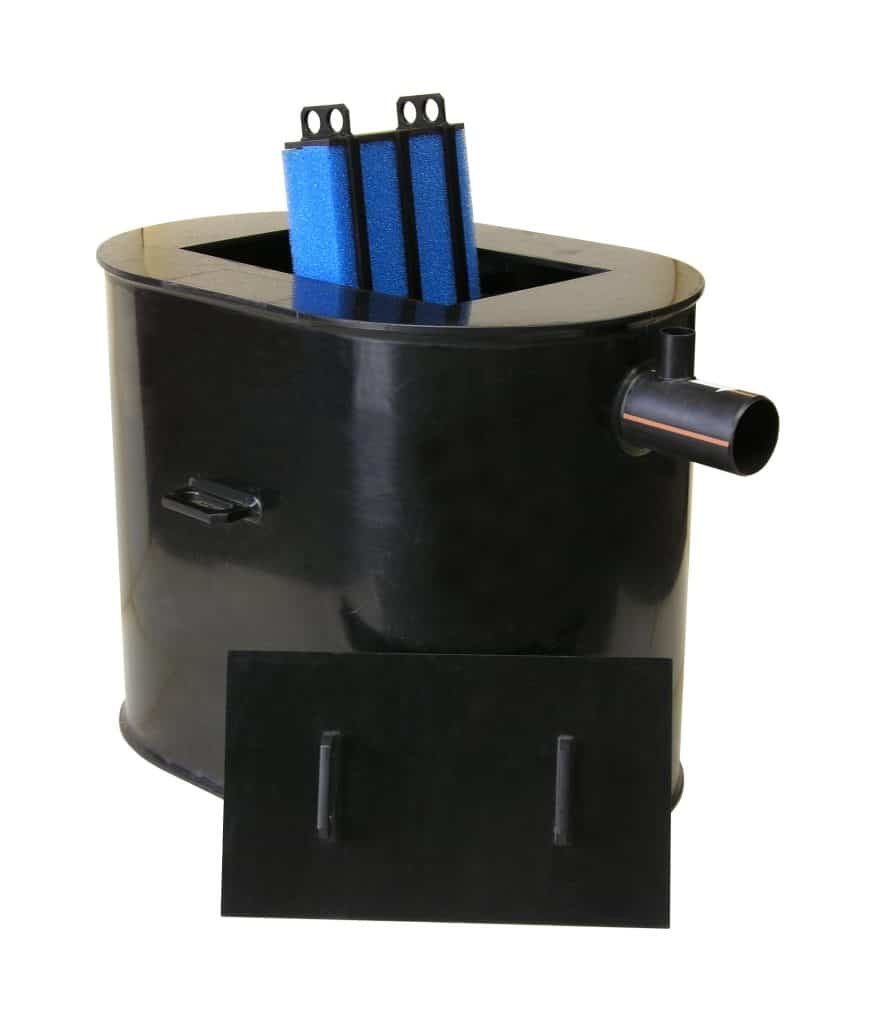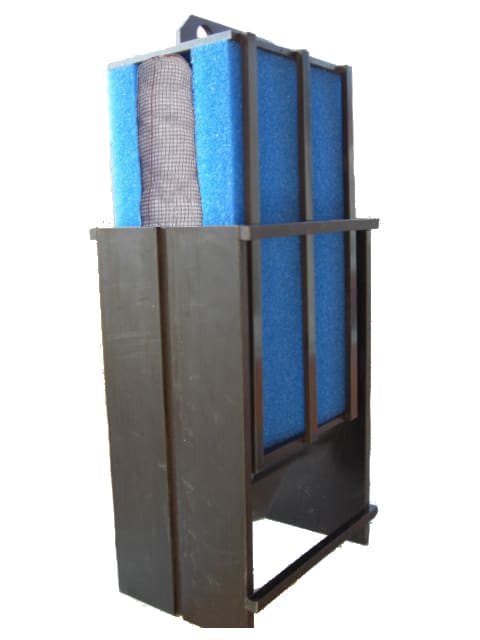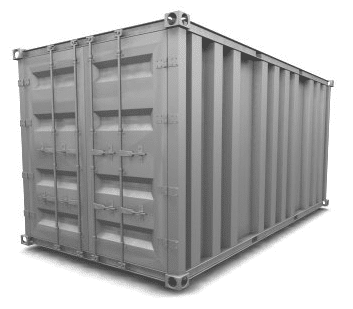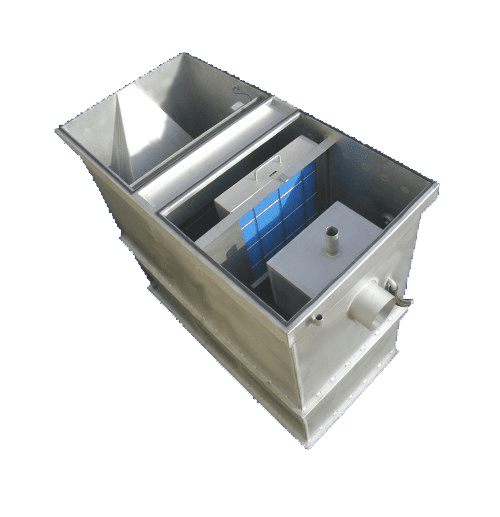Have you thought about how Maryland Above Ground OWS protect our water? These Oil Water Separators are more than just machines; they’re our water’s protectors. As companies work to follow the rules, the need for effective oil-water separation grows.
In Maryland, the rules for keeping pollutants out of our water are strict. Freytech Inc. offers top-notch OWS technology that meets these standards. Their systems are great at removing hydrocarbons from water, helping companies follow the law.
As industries change, so do the needs for water treatment. Maryland’s Above Ground OWS are key in fighting water pollution. They help companies avoid big fines and support our efforts to protect the environment.
Key Takeaways
- Maryland Above Ground OWS are essential for environmental compliance
- Oil Water Separators play a vital role in protecting water resources
- Freytech Inc. provides advanced OWS technology
- Compliance with state and federal regulations is crucial
- Efficient hydrocarbon separation is key to meeting environmental standards
Introduction to Above Ground Oil Water Separators in Maryland
In Maryland, businesses must follow strict rules for handling oil-contaminated water. Above Ground Oil Water Separators are key in this effort. They prevent oil pollution and help meet environmental standards.
Definition and Purpose of OWS Systems
Above Ground Oil Water Separators remove oil from water. They let oil float to the top while clean water goes out. This stops harmful substances from getting into waterways and soil.
Importance in Environmental Compliance
Following environmental rules is crucial for Maryland businesses. Oil Water Separators help companies meet these standards. They keep local ecosystems safe and avoid fines for breaking the rules.
Freytech Inc.’s Role in OWS Technology
Freytech Inc. is a leader in OWS technology. They provide advanced solutions that go beyond Maryland’s rules. Their systems are made for top performance in stopping oil pollution. Freytech’s focus on innovation helps businesses follow the law and protect the environment.
Maryland Above Ground OWS: Features and Benefits
Above Ground OWS systems in Maryland are great for businesses needing to separate oil and water. They are easy to install, maintain, and check up on. They work well with many types of hydrocarbons, like motor oil, diesel, gasoline, and jet fuel.
Freytech’s OWS technology is leading the way in separating oil and water. Their systems can get discharge levels as low as 5 PPM, which is way below the North American standard of 10 PPM. This means businesses can meet strict rules and protect the environment.
Protecting the environment is key in designing Above Ground OWS systems. They have advanced leak detection and strong spill prevention. This helps prevent problems before they start, saving the environment and avoiding big cleanup costs.
These OWS units are perfect for places with little space. They sit above ground, making it easy to get to them for upkeep or emergencies. This means less downtime and better oil-water separation for businesses.
Regulatory Framework for OWS in Maryland
Oil water separators in Maryland must follow strict rules. These systems are key to keeping the environment safe. Knowing the rules helps them work right and protect our natural resources.
Federal Regulations and Standards
The U.S. EPA sets rules for preventing oil pollution. These standards cover how oil water separators should be designed and run. Facilities must stick to the Clean Water Act and rules for underground tanks.
Maryland Department of Environment Requirements
Maryland’s rules add to federal standards, fitting them to the state’s needs. The state has tough rules for controlling oil pollution and managing tanks. These rules include how to install, maintain, and check oil water separators to stop pollution.
Local County and Municipal Regulations
Local areas also have their own rules. Counties and cities set specific rules for oil water separators. These rules help address environmental issues in different parts of Maryland.
Dealing with all these rules can be hard. Businesses and facilities with oil water separators need to keep up with all the rules. Following these rules is key to keeping Maryland’s waterways safe and supporting the environment.
Design and Installation Considerations for Above Ground OWS
Designing an OWS correctly is key to its success. First, assess the site by looking at the soil and how it might affect the environment. This helps pick the best spot and size for the separator.
Installing an OWS depends on local laws and the site itself. It must handle heavy loads, like H-20 axle loads for roads. Sometimes, like at airports, it must also support aircraft.
It’s vital to monitor groundwater to make sure the OWS works right and keeps pollution out. Checking regularly helps spot leaks or problems early. This protects the environment and saves money on fixes.
Following the manufacturer’s and industry’s guidelines is crucial when installing. Groups like the Freytech Inc. offer the best ways to set up an OWS. They cover things like securing it, connecting pipes, and safety.
Thinking about these things in OWS design and setup helps businesses make sure their systems follow the rules and work well. This reduces harm to the environment and keeps with local and national laws.
These separators are crucial in storm water systems. They process runoff to meet the US EPA’s Clean Water Act standards. With effective oily water treatment, facilities protect the environment and dodge big fines.
Performance Standards and Discharge Limits
In North America, strict rules limit hydrocarbon discharges to protect our environment. These rules say the most you can discharge is 10 parts per million (PPM). This keeps industrial activities from harming water and nature too much.
North American Hydrocarbon Discharge Limits
Many industries, like oil refineries and car repair shops, must follow this 10 PPM rule. Meeting these standards helps avoid big fines and shutdowns. It’s important to check regularly and use advanced treatment systems.
Freytech’s Enhanced Coalescing Technology
Freytech Inc. has made a better coalescing technology. Their system can remove free oil down to 5 PPM, which is well under the 10 PPM limit. It also gets rid of tiny amounts of emulsified oil, down to 0.1 PPM.
Separation Efficiency for Various Hydrocarbons
Freytech’s technology works well with many kinds of hydrocarbons. It can handle motor oil, diesel, gasoline, and jet fuel, keeping separation efficiency high. This means businesses can meet environmental standards no matter the hydrocarbons they work with.

